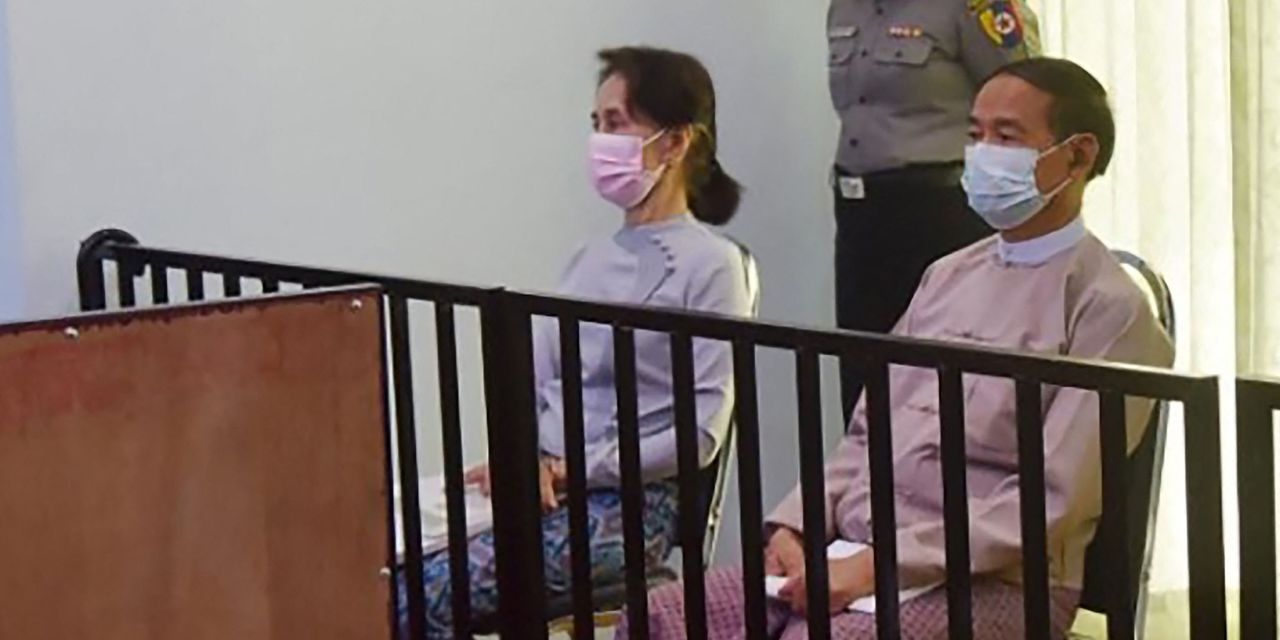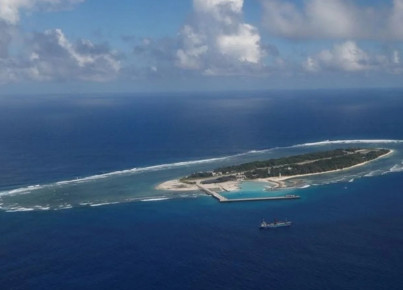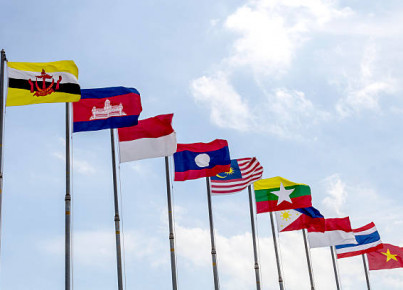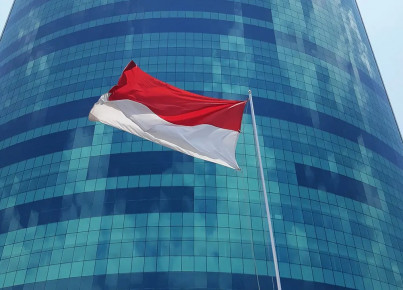On February 1, 2022, 365 days will have passed since the coup that brought Naypyidaw back under the control of the military junta. The outlook for the country that represents a dilemma for Southeast Asia. From the China Files mini e-book "In China and Asia 2022", realized in collaboration with Associazione Italia-ASEAN
It's any day in December 2021. Typing "Myanmar 2022" on the search bar, three of the results concern a possible reopening for tourism, while three others take up the UN alarm on the escalation of the humanitarian crisis. This schizophrenia of images reinforces the uncertainty about the future of Myanmar, which almost a year after the coup is crystallized in a social (and armed) conflict that seems destined to continue. On February 1, 2022, exactly 365 days will have passed since the deposition of the elected government by the Tatmadaw, the national army.
Humanitarian crisis
The United Nations Development Program (UNDP) has noted a sharp decline in the living conditions of Burmese citizens since the arrival of General Min Aung Hlaing in government. According to its survey, nearly half of Burmese citizens (46.3%) could end up below the poverty line by the end of next year. For the urban population, it would mean a spike in poor residents three times the 2019 figures (37.2% vs. the previous 11.3%). Of 1,200 households surveyed, nearly half say they are running out of savings. 68% are tightening their belts on food consumption, 65.5% have borrowed from loved ones, others from loan sharks or lenders. In a nutshell: the double Covid19-golpe emergency is taking the country back to 2005, wiping out the political and socio-economic achievements of the last 16 years.
Added to this situation is the serious situation of the health sector, which already before 2021 was not in good health. To date, the interests of the military leadership are far removed from services for the citizenry, with the result that many medical facilities remain unstaffed - a factor also due to the civil disobedience movement, which refuses to work for a government it does not recognize. To date, 74% of medical costs are still borne by the individual: Myanmar is the Asean country with the highest private spending on treatment per capita.
Finally, the continuity of internal violence between ethnic groups and the armed forces is no less worrying. On the one hand, youth have joined the civil disobedience movement; others have joined ethnic armies to receive military training. The Tatmadaw, in turn, has resurrected compulsory training for children of soldiers aged 14 and over, despite treaties signed with the UN to hinder the enlistment of child soldiers. Participation in training is now also extended to the wives of military personnel.
Economic and political stagnation
The economic situation is not good at the national level, although there were those who hoped for an initial phase of chaos followed by a slow reestablishment of business. GDP per capita is falling back to the levels before the first free elections in 2015. The local currency, the kyat, has lost more than 60% of its value against the US dollar. Meanwhile, prices are rising and gasoline shortages have already led to the temporary closure of many stations. The International Food Policy Research Institute predicts a drop in fertilizer purchases during the monsoon season, with serious consequences for agricultural production. Trade is slowing, and restrictions along the borders due to the health emergency are only contributing to the halt in activity. The junta has already restricted imports of goods considered "non-essential," while other goods such as pharmaceuticals are becoming increasingly expensive and difficult to source.
In a climate of serious lack of governance, economic power is likely to be concentrated in the hands of the Tatmadaw and ethnic militias in their areas of influence. The specter of illicit trafficking linked to the smuggling of drugs, precious stones, wood and metals returns. And of human trafficking: according to the Global Slavery Index in 2018 at least 575 thousand Burmese citizens were living in conditions of slavery, a figure that could rise again due to growing personal debts.
International relations
Myanmar today seems an increasingly isolated country, an image that resonates familiarly with that of just a few years ago. Foreign companies are slowly leaving the country, as in the case of Norwegian telecommunications giant Telenor, German wholesaler Metro, and British American Tobacco. Not all of the economy is frozen. Despite sanctions against individuals and organizations linked to the Tatmadaw, some large capital flows continue to bring weapons and funding to the Burmese military. As reported by the group Justice for Myanmar, there are still many companies that sell weapons and surveillance systems to the Burmese army (including Italy).
While the response of Western powers - especially the U.S., EU, Australia and Canada - remains on the ropes of economic restrictions, Asean is still struggling to find its position. Or rather, it remains open to negotiations. After an initial phase of dialogue with General Min Aung Hlaing, the group has also broken off contact: the junta has not kept its promise to adhere to the five points requested by the Association, and is therefore isolated even among its neighbors (including "immediately cease violence in the country"). Cambodia's arrival in the presidency, however, could normalize relations by increasing engagement with the military junta. Cambodian Prime Minister Hun Sen came out in defense of Naypyidaw: "According to the ASEAN charter, no one has the right to expel another member." More attempts at dialogue could follow after the early January visit. In the same days as Hun Sen's declarations came the official condemnation of Aung San Suu-Kyi to four years in prison. The road back to democracy, once again, is far away.






